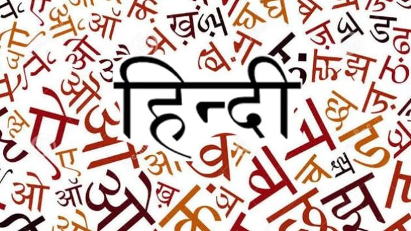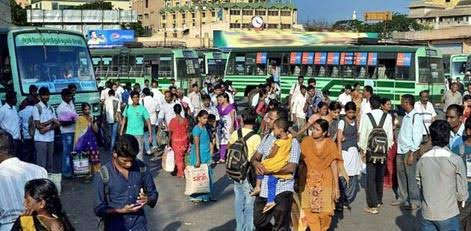No Hindi in Tamil Nadu: Central government tweaks draft education policy
Posted on: 03/Jun/2019 3:57:54 PM

Subsequent to the outcry over the proposed three-language plan that required children in southern States to learn Hindi, the Central government has now tweaked the draft National Education Policy (NEP) 2019.
The modified draft states students have the choice of changing to any language they want. Any reference to Hindi has been removed.
The exact statement in the revised draft :
“In keeping with the principle of flexibility, students who wish to change one or more of the three languages they are studying may do so in Grade 6 or Grade 7, so long as they are able to still demonstrate proficiency in three languages.”
However, the old version had said Hindi and English would continue to be among the three languages students would study in schools, be it in Hindi or non-Hindi States.
Following this, there was a stiff protest from the Opposition parties in Tamil Nadu to the proposed triple-language system in schools across India. Hashtags such as #StopHindiImposition, #TNAgainstHindiImposition weres trending on social media against the policy.
Several politicians had also warned against the ‘forced imposition’ of the Hindi language on the South Indian States.
Meanwhile, the ruling AIADMK had said the State would follow only the two-language policy of learning Tamil and English.
Subsequently, the Central government and its ministers, including External Affairs Minister S Jaishankar and Finance Minister Nirmala Sitharaman, clarified that the government did not have a plan to impose any language on anyone.
The issue of Hindi as a subject in schools in South India has been an emotive one, particularly in Tamil Nadu. The region saw anti-Hindi protests from 1937 to 1940 and again in 1965.
The Draft National Education Policy has been prepared by an expert panel led by Krishnaswamy Kasturirangan, former chief of the Indian Space Research Organisation.
The policy says the three-language formula was a means of “promoting multilingual communicative abilities for a multilingual country” and children would “now be immersed in three languages early on, starting from the Foundational Stage onwards”.
The part that provoked protests from States like Tamil Nadu read: “In keeping with the principle of flexibility, students who wish to change one of the three languages they are studying may do so in Grade 6, so long as the study of three languages by students in the Hindi-speaking States would continue to include Hindi and English and one e of the modern Indian languages from other parts of India, while the study of languages by students in the non-Hindi speaking States would include the regional language, Hindi and English.”







